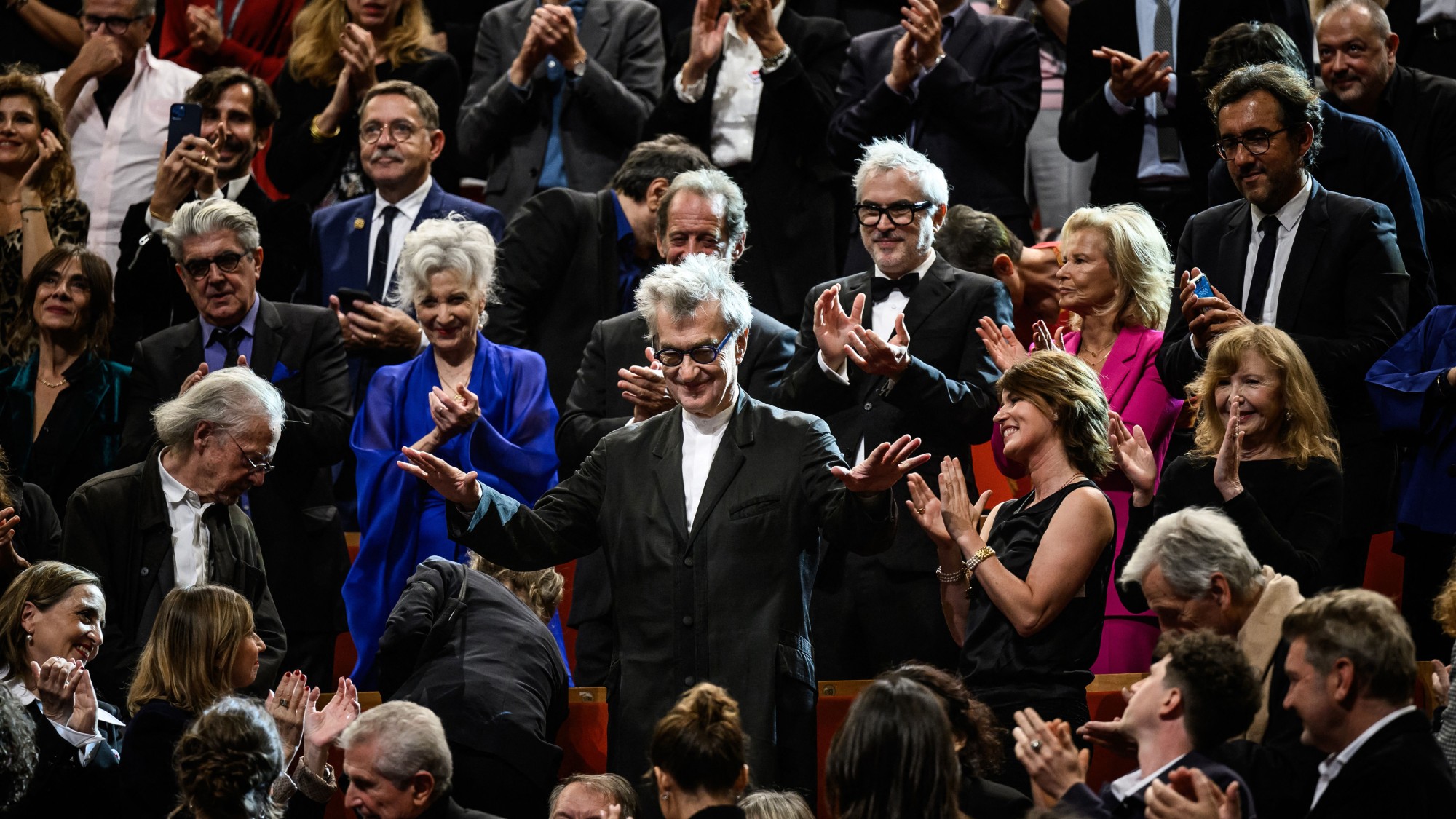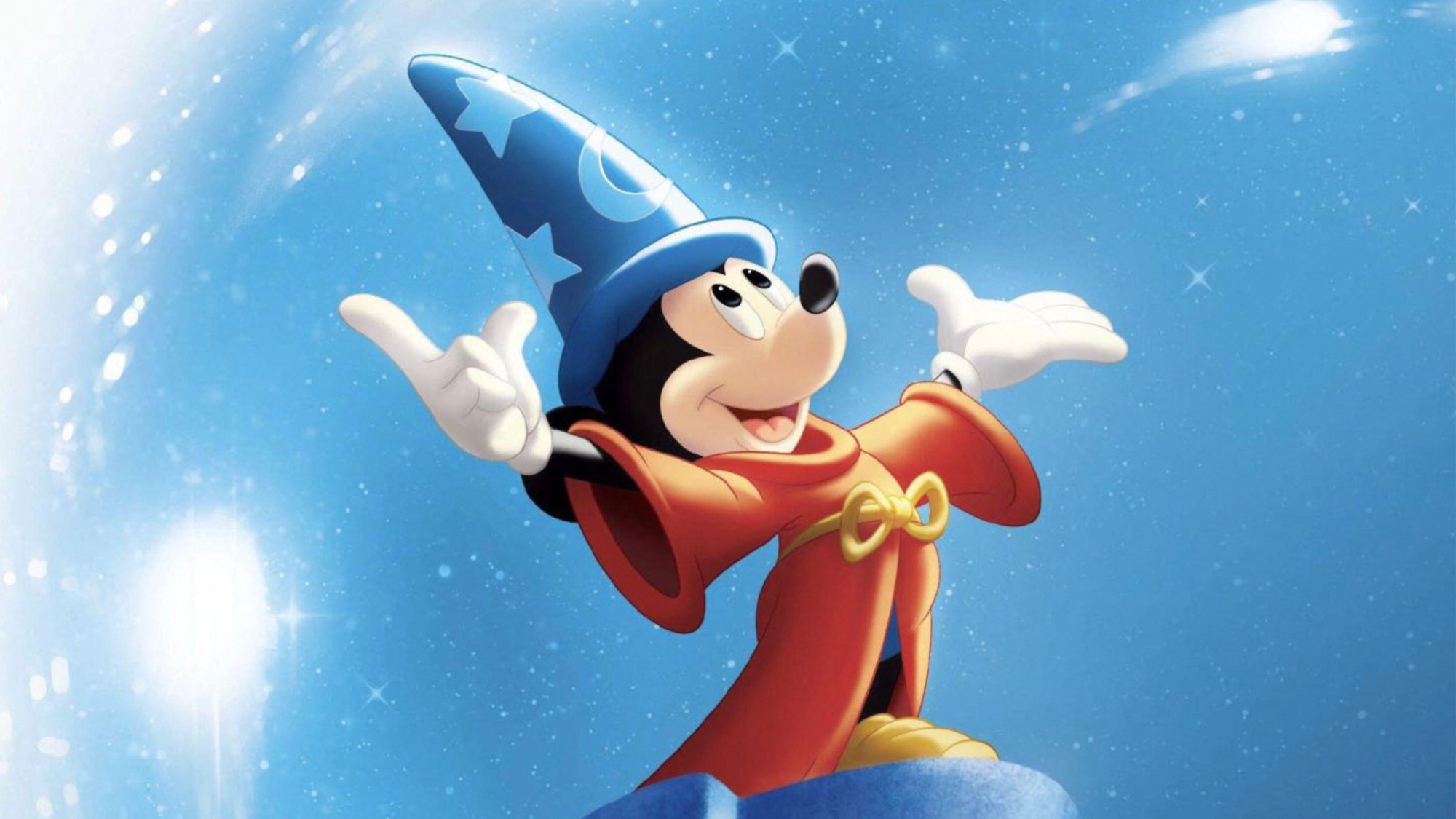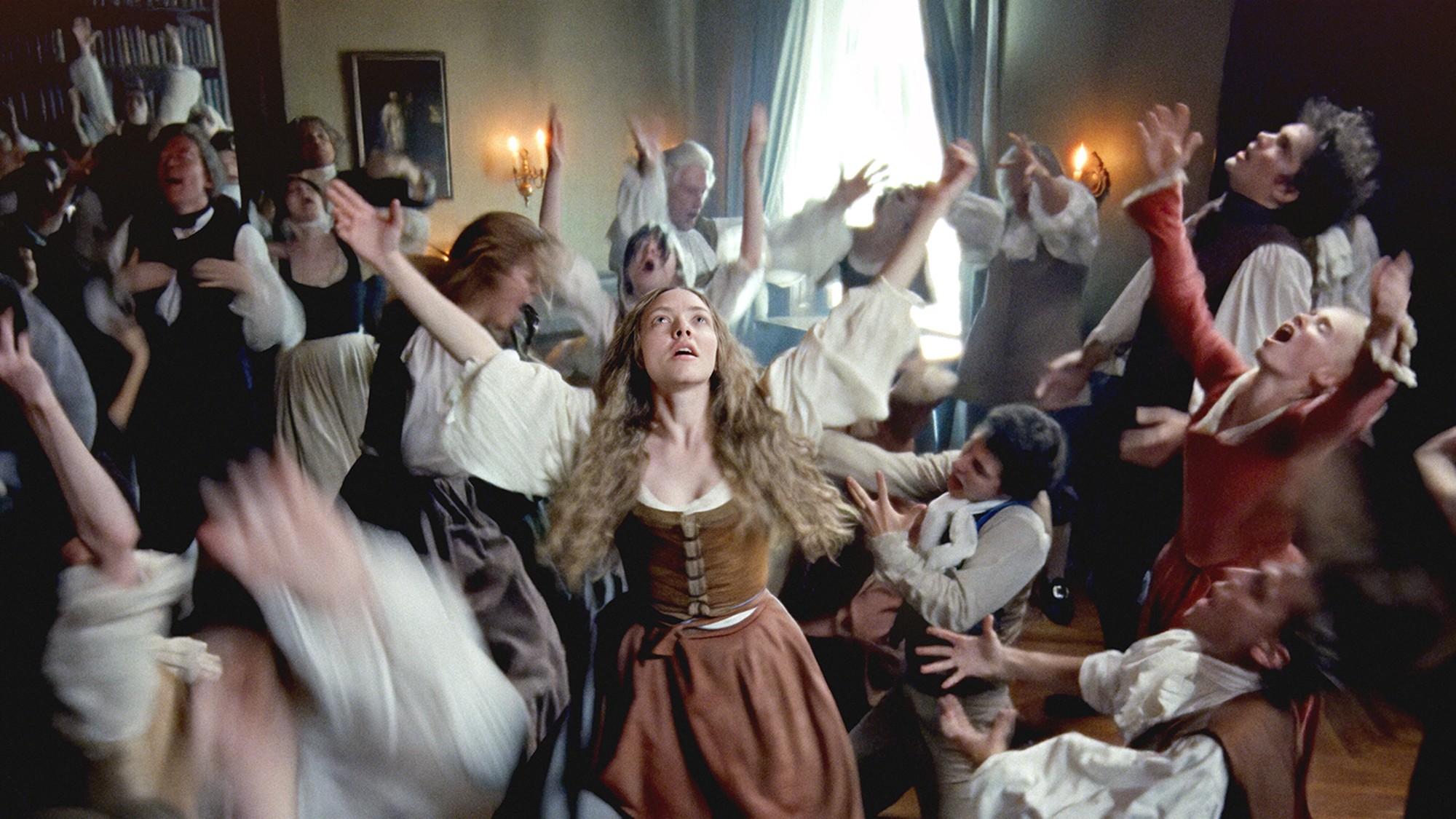Last hurrah: have standing ovations gone too far?
The media loves measuring audience applause but default 'clapathons' are 'running riot through our theatres'

A free daily email with the biggest news stories of the day – and the best features from TheWeek.com
You are now subscribed
Your newsletter sign-up was successful
If standing and clapping for more than 15 minutes sounds a bit tiring then you might want to steer clear of film festivals, where standing ovations are becoming increasingly epic affairs.
The Venice International Film Festival premiere of Pedro Almodóvar's "The Room Next Door" recently received 17 minutes of applause, a fact widely reported in the show business media, where the "standing-o-meter" is now a staple in some arts publications such as Vulture.
'People be clappin''
The "escalation" of ovations suggests that media coverage of the subject "only encourages longer ovations as the festival wears on", said The Guardian. But "mostly", the length of ovations means "nothing at all regarding a film's long-term prospects".
The Week
Escape your echo chamber. Get the facts behind the news, plus analysis from multiple perspectives.

Sign up for The Week's Free Newsletters
From our morning news briefing to a weekly Good News Newsletter, get the best of The Week delivered directly to your inbox.
From our morning news briefing to a weekly Good News Newsletter, get the best of The Week delivered directly to your inbox.
For instance, the 2012 thriller "The Paperboy" enjoyed a "vigorous" 15-minute ovation at its Cannes premiere after having been "roundly booed at its press screening earlier that day". It was rumoured that the film's publicists, "rattled by the critical drubbing", planted "ringers" at the premiere to "keep the applause going for as long as possible".
Similarly, said Vulture, "Horizon: an American Saga" received an 11-minute standing ovation, but the film "went on to bomb at the box office".
But the "timing of clapping at festivals" like Venice and Cannes has still become an "entertainment-news fixture". The length of the ovation after each major premiere gets "its own headline" in trade papers such as Variety and The Hollywood Reporter. "People be clappin', and reporters be trackin' said clappin'," as Vulture put it.
At this rate it might not be long until "ice-cream vendors" garner "some form of standing ovation", said Screen Daily. Why are things going this way? "Some point to the effects of the pandemic", and also cite "a deeper, post-Covid appreciation for the communal experience of cinemagoing", while others are "beginning to draw a connection to heightened media coverage of world premiere screenings".
A free daily email with the biggest news stories of the day – and the best features from TheWeek.com
All of this means an ovation under five minutes is "now seen, more or less, as outrageous slander", said GQ. Sometimes a "curtailed ovation" is a "polite way" for the audience members to "deliver a collective 'meh' verdict on what they've just seen", said The Guardian, and this means no ovation at all is "close to unthinkable".
'Ovation-itis'
"Adulation across the arts is hardly revelatory," said Screen Rant. The Italian tenor Luciano Pavarotti received 165 curtain calls and 67 minutes of applause after a 1988 performance in Berlin. "Much to the horror" of London theatre critics, audiences "jumped to their feet" after every song by Pussycat Dolls singer Nicole Scherzinger in last year's "Sunset Boulevard" revival.
Just "a few years ago", a theatre audience "getting to its feet was a once-in-a-generation achievement". But now audience members "seem to think it's their duty", said Fiona Mountford on the i news site. "Ovation-itis" has been imported from the US and is "now running riot through our theatres".
Default ovations have their critics across the pond, too. They are "weird and clumsy" and also "fake" and "crude", said John McWhorter in The New York Times. But he suspects that the trend "is with us to stay".
You might think that performers, at least, appreciate more ovations, but Skip Maloney isn't so sure. Writing on OnStage Blog, Maloney said that the sincerity, or otherwise, of a standing ovation is understood by the performers because they "know better than anyone in the space whether the standing ovation is heartfelt" or not.
If it's "spontaneous and heartfelt", an ovation "feeds back to the stage", but if it's "just people standing to be nice, that feedback loop is severed".
Chas Newkey-Burden has been part of The Week Digital team for more than a decade and a journalist for 25 years, starting out on the irreverent football weekly 90 Minutes, before moving to lifestyle magazines Loaded and Attitude. He was a columnist for The Big Issue and landed a world exclusive with David Beckham that became the weekly magazine’s bestselling issue. He now writes regularly for The Guardian, The Telegraph, The Independent, Metro, FourFourTwo and the i new site. He is also the author of a number of non-fiction books.
-
 Local elections 2026: where are they and who is expected to win?
Local elections 2026: where are they and who is expected to win?The Explainer Labour is braced for heavy losses and U-turn on postponing some council elections hasn’t helped the party’s prospects
-
 6 of the world’s most accessible destinations
6 of the world’s most accessible destinationsThe Week Recommends Experience all of Berlin, Singapore and Sydney
-
 How the FCC’s ‘equal time’ rule works
How the FCC’s ‘equal time’ rule worksIn the Spotlight The law is at the heart of the Colbert-CBS conflict
-
 Are Hollywood ‘showmances’ losing their shine?
Are Hollywood ‘showmances’ losing their shine?In The Spotlight Teasing real-life romance between movie leads is an old Tinseltown publicity trick but modern audiences may have had enough
-
 Film reviews: ‘Wuthering Heights,’ ‘Good Luck, Have Fun, Don’t Die,’ and ‘Sirat’
Film reviews: ‘Wuthering Heights,’ ‘Good Luck, Have Fun, Don’t Die,’ and ‘Sirat’Feature An inconvenient love torments a would-be couple, a gonzo time traveler seeks to save humanity from AI, and a father’s desperate search goes deeply sideways
-
 The biggest box office flops of the 21st century
The biggest box office flops of the 21st centuryin depth Unnecessary remakes and turgid, expensive CGI-fests highlight this list of these most notorious box-office losers
-
 The 8 best superhero movies of all time
The 8 best superhero movies of all timethe week recommends A genre that now dominates studio filmmaking once struggled to get anyone to take it seriously
-
 Film reviews: ‘Send Help’ and ‘Private Life’
Film reviews: ‘Send Help’ and ‘Private Life’Feature An office doormat is stranded alone with her awful boss and a frazzled therapist turns amateur murder investigator
-
 February’s new movies include rehab facilities, 1990s Iraq and maybe an apocalypse
February’s new movies include rehab facilities, 1990s Iraq and maybe an apocalypsethe week recommends Time travelers, multiverse hoppers and an Iraqi parable highlight this month’s offerings during the depths of winter
-
 The 8 best animated family movies of all time
The 8 best animated family movies of all timethe week recomends The best kids’ movies can make anything from the apocalypse to alien invasions seem like good, wholesome fun
-
 Film reviews: ‘The Testament of Ann Lee,’ ’28 Years Later: The Bone Temple,’ and ‘Young Mothers’
Film reviews: ‘The Testament of Ann Lee,’ ’28 Years Later: The Bone Temple,’ and ‘Young Mothers’Feature A full-immersion portrait of the Shakers’ founder, a zombie virus brings out the best and worst in the human survivors, and pregnancy tests the resolve of four Belgian teenagers